
The Rolling Stones
GBR • Blues Rock

Bob Dylan
USA • Folk Rock
Bob Dylan
 USARockFolk Rock
USARockFolk Rock
Eric Clapton
GBR • Blues Rock
Eric Clapton
 GBRBluesBlues Rock
GBRBluesBlues Rock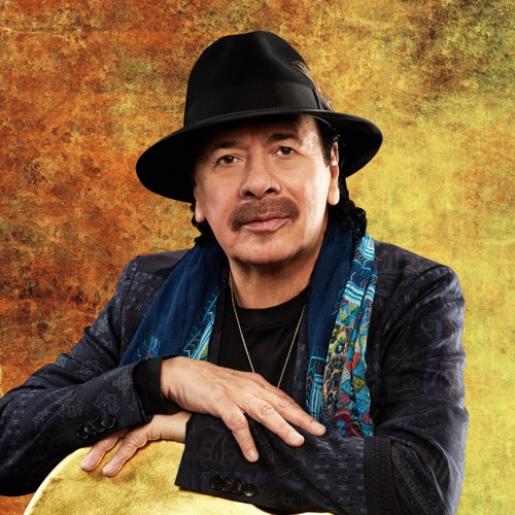
Santana
MEX • Blues Rock
Santana
 MEXBluesBlues Rock
MEXBluesBlues Rock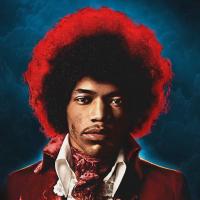
Jimi Hendrix
USA • Psychedelic Rock
Jimi Hendrix
 USARockPsychedelic Rock
USARockPsychedelic Rock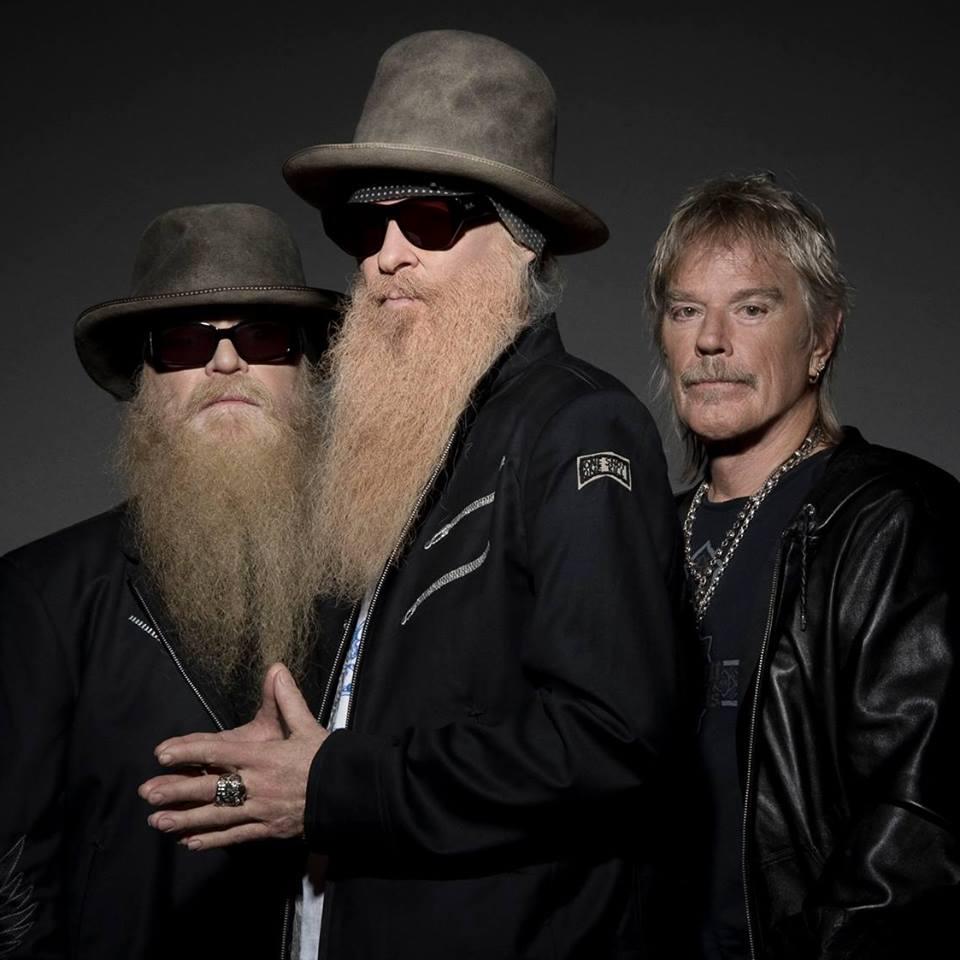
ZZ Top
USA • Blues Rock
ZZ Top
 USABluesBlues Rock
USABluesBlues Rock
The Black Keys
USA • Garage Rock
The Black Keys
 USARockGarage Rock
USARockGarage Rock
Tom Petty
USA • Blues Rock
Tom Petty
 USABluesBlues Rock
USABluesBlues Rock
KALEO
ISL • Indie Rock
KALEO
 ISLRockIndie Rock
ISLRockIndie Rock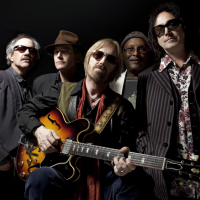
Tom Petty and the Heartbreakers
USA • Blues Rock
Tom Petty and the Heartbreakers
 USABluesBlues Rock
USABluesBlues Rock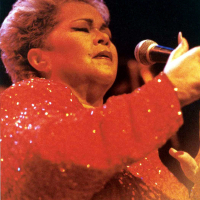
Etta James
USA • Soul
Etta James
 USAR&BSoul
USAR&BSoul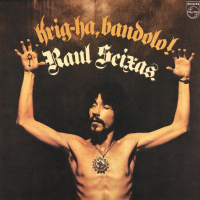
Raul Seixas
BRA • Blues Rock
Raul Seixas
 BRABluesBlues Rock
BRABluesBlues Rock
Elle King
USA • Americana/Alt Country
Elle King
 USACountryAmericana/Alt Country
USACountryAmericana/Alt Country
El Tri
MEX • Hard Rock
El Tri
 MEXRockHard Rock
MEXRockHard Rock
Steven Rodriguez
USA • Soul
Steven Rodriguez
 USAR&BSoul
USAR&BSoul
Joe Bonamassa
USA • Blues Rock
Joe Bonamassa
 USABluesBlues Rock
USABluesBlues Rock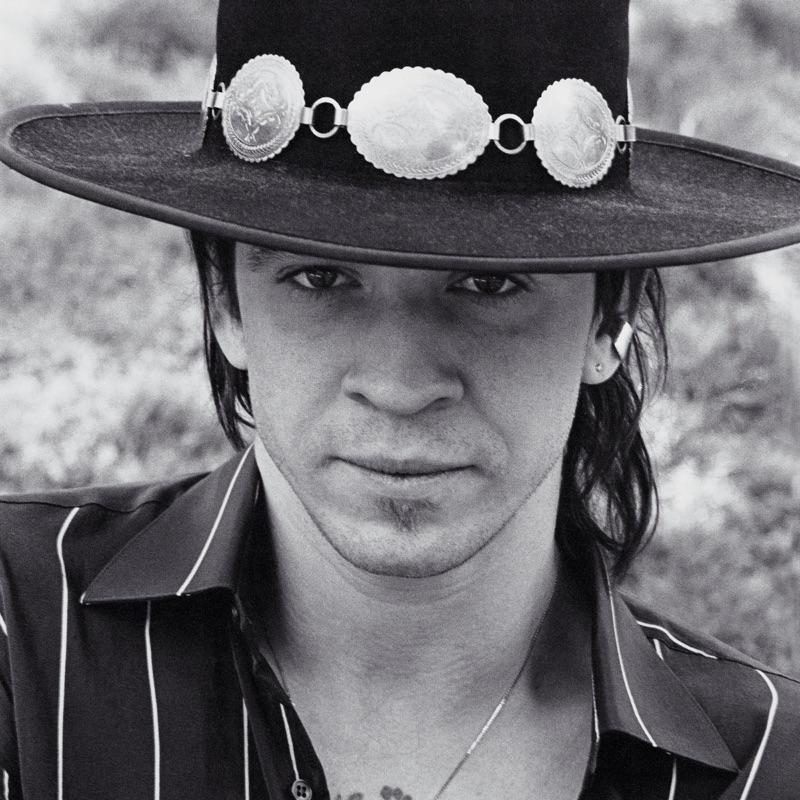
Stevie Ray Vaughan
USA • Blues Rock
Stevie Ray Vaughan
 USABluesBlues Rock
USABluesBlues Rock
The Teskey Brothers
AUS • Blues Rock
The Teskey Brothers
 AUSBluesBlues Rock
AUSBluesBlues Rock
Liran'Roll
MEX • Pop Rock
Liran'Roll
 MEXRockPop Rock
MEXRockPop Rock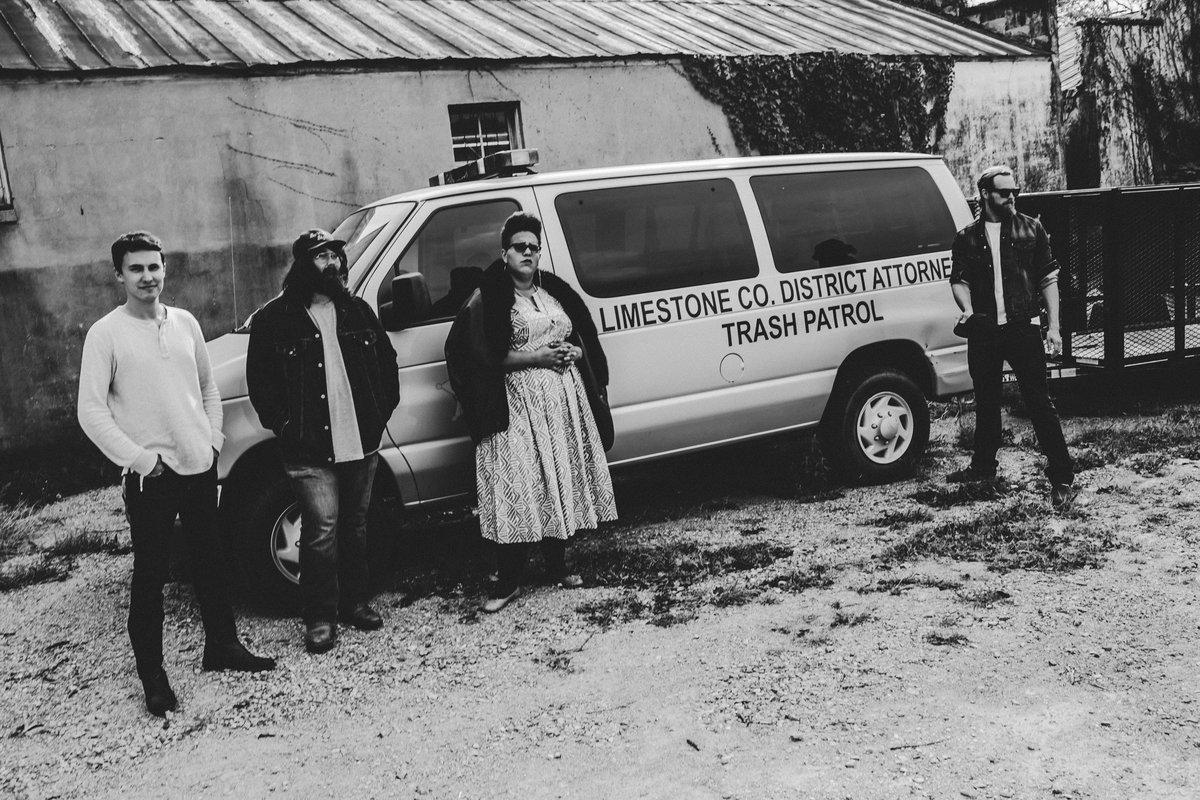
Alabama Shakes
USA • Blues Rock
Alabama Shakes
 USABluesBlues Rock
USABluesBlues Rock Viberate
Viberate






















 BEL
BEL
 ITA
ITA